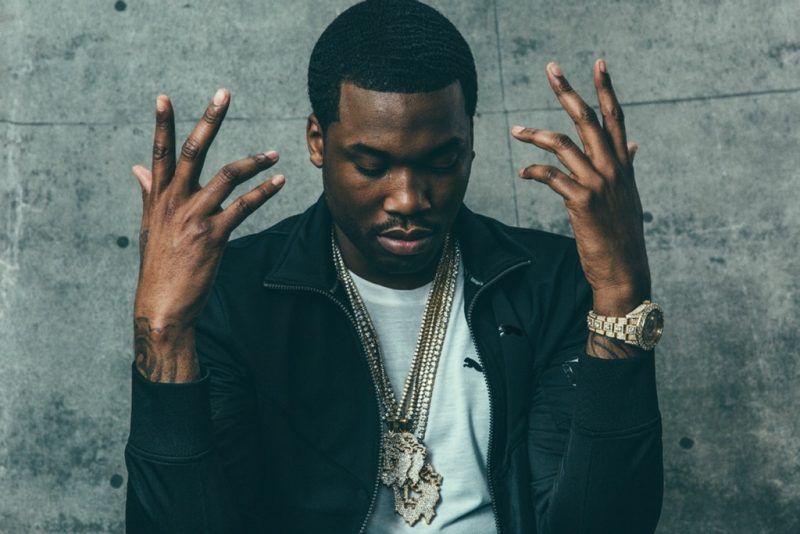
For people of color (POC) in the United States, it is an age-old debate – the criminal justice system is a joke. While there are certainly instances where justice is served for the culprits of various crimes, there is still an overwhelming majority of sentences handed down from judges to POC that do not fit the offenses.
Now, there are those in America who stand by the notion, “You do the crime you pay the time,” but as history has shown us time and time again, that approach is not always racially balanced. Far too many black men have spent far too many years behind bars for transgressions that other races who have committed the same crimes spend less time incarcerated for. It may seem like an old, outdated, stereotypical “black people need to get over it” conversation but it is not. The rate at which black men are incarcerated for things like violating probation is far greater than that of white people or other groups of people. It will always be worth talking about and exploring as long as it continues to happen. Which brings me to the case of rapper Meek Mill.
The Philly native received a sentence of two to four years in prison for violating terms of his probation. The situation has caused all kinds of outrage from fellow rappers as well as activists who feel that the punishment is out of order. Mill getting arrested for popping wheelies on a dirt bike and getting into a fight in the early part of this year violated his probation from a 2008 gun and drug charge. Black people are mad, and the noise we are making right now is not hot air. It is a battle cry for criminal justice reform because, at this point, enough is enough.
This practice that judges in our criminal justice system use against blacks has destroyed generations. Black fathers have been taken away from families for years for minor drug charges. Children have grown up without fathers, and that fact only perpetuates the cycle of generations of black men going to prison just like their fathers. How can we contend with a system that sees us as inferior beings that can do no good? Haven’t we proven ourselves enough yet?
According to Philly.com, when given the chance to state his piece about the situation, Mill said to Judge Genece E. Brinkley, who some say took a peculiar interest in the case back 2008 and has been tough on the rapper since:
“I’m human. I’m not perfect… I’m asking for mercy. You gave me the ladder to do what I have to do to prevail in my struggle. I made it this far; I can’t really go back and start over.”
Mill’s words clearly fell on deaf ears as he is now in prison for at least two years. Industry heavyweights are doing what they can to bring awareness to the situation, and there is even a change.org petition. Jay-Z, who has influence across racial lines, tweeted:
“The sentence handed down by the Judge — against the recommendation of the Assistant District Attorney and Probation Officer — is unjust and heavy-handed. We will always stand by and support Meek Mill, both as he attempts to right this wrongful sentence and then in returning to his musical career.”
I am tired of my community coming under fire for things that white people get away with easily. We have seen it play out in the media. From Brock Turner getting away with raping a fellow student because he’s young, white and rich, to other non-people of color leveraging their privilege and connections to get out of serving time for the far more serious and or heinous crimes, the disparity is disheartening. But more than that it is unfair, unjust, and it is time to stop it.
If we use the logic that white people use when defending the weak punishments of their “young people,” Meek Mill most certainly caught a raw deal. Turner was 20-years-old when he committed rape and was charged. Mill was 18-years-old when he was caught, probably through racial profiling, carrying a gun while shopping at a local grocery store. Turner spent about four months in JAIL altogether for what he did. Mill spent eight months in PRISON.
Turner was given three years probation for getting caught in the act of rape and Mill received five years for getting caught in the act of nothing. Mill was then arrested in 2012 because police smelled weed coming from his car when they pulled him over (again probably because of racial profiling), and he refused to allow them to search his car. In 2014 he “violated” his probation because he booked performances outside of Philly without Judge Brinkley’s approval. He was sentenced to up to six months in jail.
Mill going to Camp Hill State Correctional Institution in Pennsylvania to serve out his term for probation violation speaks to the bigger issue that documentaries like Ava DuVernay’s 13th explore when it comes to the way the American criminal justice system is set up against black Americans. In it, experts, historians, and even white politicians/former government insiders who were apart of administrations that are historically known for setting precedent after precedent of harsher punishments for POC admit that the system is rigged against us.
According to a 2016 article by the Guardian, black folks are incarcerated 5.1 times more than whites on average. In fact, in the same article, Baz Dreisinger, the creator of the Prison-to-College Pipeline program in New York state, “You can’t work in the justice system and not know just by looking that there are racial disparities in the system.”
Meek Mill has been on probation for nearly 10 years, and in the ninth year, the judge decides to put him in prison for minor offenses? His attorney, Joe Tacopina, told CNN,
“(Meek’s) frustrated, really frustrated and knows he’s being treated different than anyone else… If his name was John Smith, he wouldn’t be in jail, and he certainly wouldn’t be on probation…He’s been on probation for nearly 10 years. Nobody goes on probation for 10 years.”
These are the facts that black people in America have to contend with on a daily basis. When it comes down to it, nothing that Mill did was as damaging as Brock Turner or the countless other young white people that the criminal justice system continues to give breaks. But yet, in the height of his career, and in the midst of trying to maintain a clean slate, Meek Mill is chopped down and his life interrupted.
If you can’t see the lopsidedness to this situation compared to that of non-people of color, then you want to be blinded to the real state of the way black and brown people are treated in this country. Reform has to happen now. It can no longer wait.


